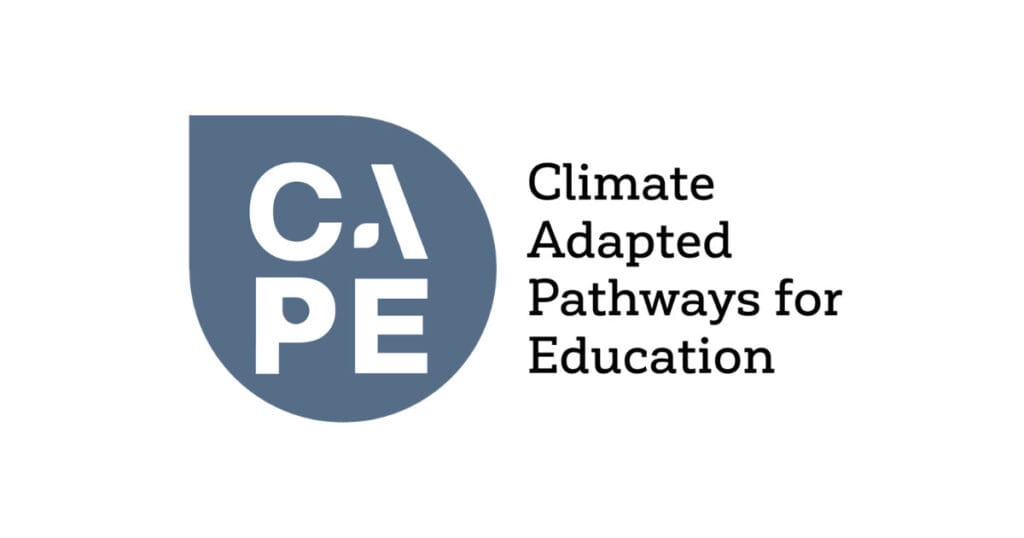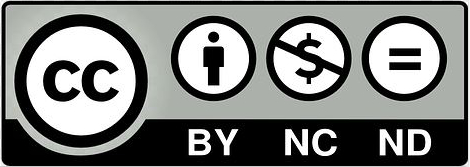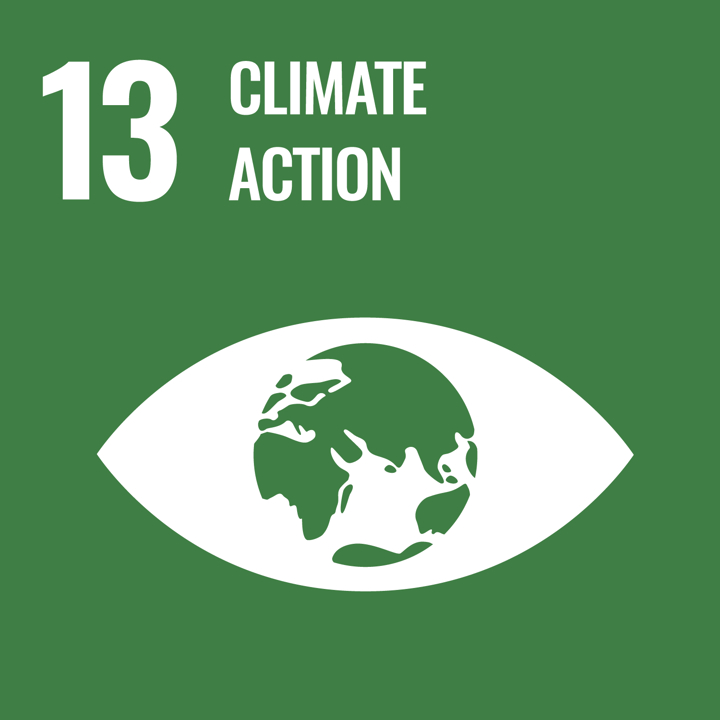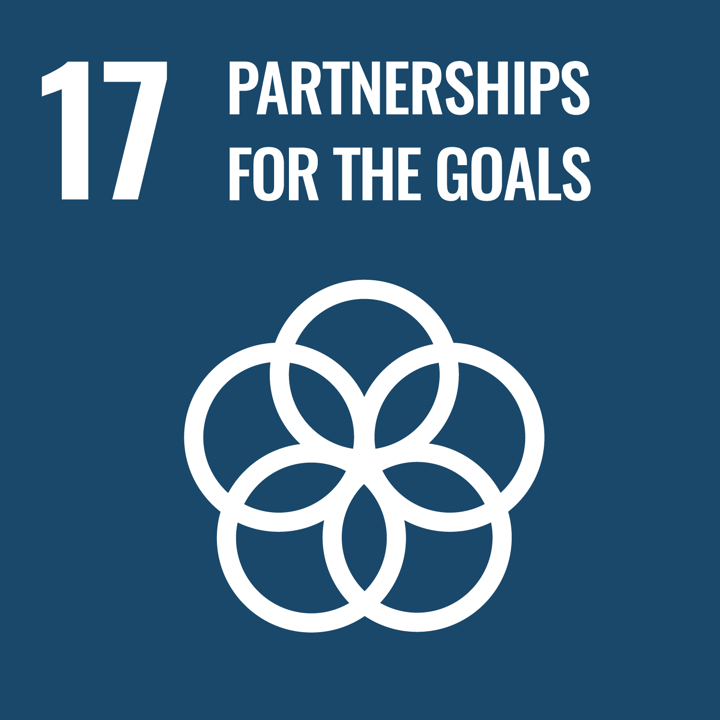
Avsedd slutanvändare: Skolledare
Åldersgrupp: Lågstadiet; Högstadiet; Lågstadiet; Högstadiet
Läroplan för skolan: Ledarskap i skolan
Teman och ämnen: Energy Use and Production; Behaviour & Lifestyle; Collective Action; Environmental Change; School Leadership
Varaktighet: Quick skim: 20–30 minutes
Thorough read (full content, moderate pace): 1.5–2 hours
Deeper dive (with notes/reflection for use in planning): 2–3 hours
Typ av resurs: Case Study, Guidelines & Notes
Nyckelord: 1.Climate Justice, 2.Collective Action, 3.Whole-School Approach, 4.Teacher Agency, 5.Systems Thinking
Språk: engelska: Engelska
Beskrivning
Den CAPE Report 2024 is a guide that supports educators, school leaders, and teacher educators in embedding high-quality climate change education (CCE) across all school levels. Developed by the Climate Adapted Pathways for Education (CAPE) project, the report offers evidence-informed strategies to help schools implement whole-school approaches to sustainability. It emphasizes the importance of teacher agency, systems thinking, and interdisciplinary learning, while addressing the emotional dimensions of climate education such as eco-anxiety.
The report promotes collaboration with community partners and external experts to localise and enrich climate education efforts. School leadership plays a key role, with guidance provided on creating a shared vision, allocating resources, and supporting teacher professional development.
Designed to be practical and actionable, the CAPE Report includes case studies, frameworks, and reflective prompts that encourage schools to evaluate and evolve their climate education strategies. It’s particularly valuable for educators seeking to foster sustainability citizenship by empowering students to understand, navigate, and shape responses to environmental challenges.
Så här använder du den här resursen
The CAPE Report 2024 can be used as a strategic planning tool for embedding climate change education (CCE) across school communities. Start by reading the executive summary and key recommendations to get an overview of the report’s purpose and priorities.
School leaders can use the frameworks to guide whole-school planning and foster a shared vision for sustainability. They can explore the case studies and practical examples to inform lesson design, cross-curricular integration, and student-led action.
The report is useful for mapping existing curriculum and identifying opportunities to embed climate literacy, justice, and collective action in various subjects.
Resurserna
CAPE Report 2024 PDF:
Implementing Climate Change Education in Schools: Constructive Hope in Action (January 2024)
Lärandemål (Ledarskap)
- Använda en rad lämpliga verktyg och ramverk för att främja hållbarhetsmedborgarskap inom sina skolor och samhällen.
- Granska sina egna nationella/regionala läroplaner, utbildningspolicyer, program och externa intressenter för att identifiera möjligheter att främja hållbarhetsmedborgarskap i sina skolor och samhällen.
- Samarbeta för att syntetisera kunskap, verktyg och ramverk för att skapa en vision för att leverera en skolmiljö som stöder utvecklingen av hållbarhetsmedborgarskap i deras samhälle.
Gröna kompetenser
- Förankring av hållbara värderingar: Värderar hållbarhet; Stödjer rättvisa; Främjar naturen
- Att ta tillvara komplexitet inom hållbarhet: Systemtänkande; problemformulering
- Att föreställa sig en hållbar framtid: Utforskande tänkande
- Agera för hållbarhet: Kollektivt agerande
Creative Commons

Hoath, L., & Dave, H. (2024). Implementing Climate Change Education in Schools: Constructive Hope in Action. Climate Adapted Pathways for Education and Leeds Trinity University.
The resource is available at the Climate Adapted Pathways for Education website..
Globala mål för hållbar utveckling




